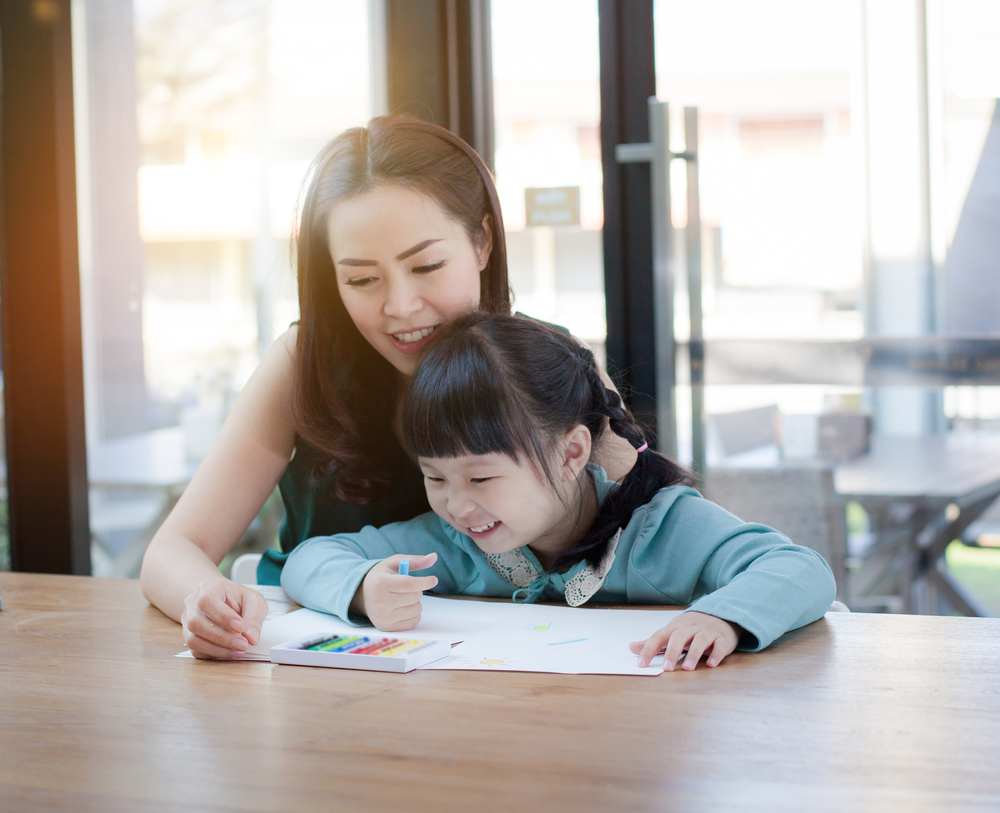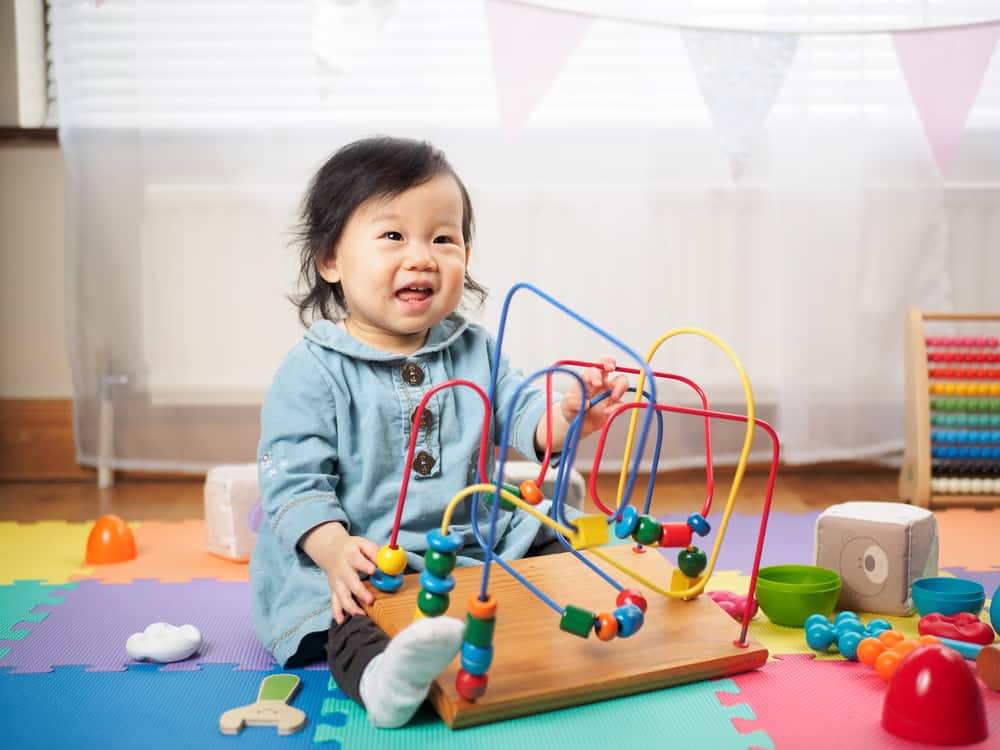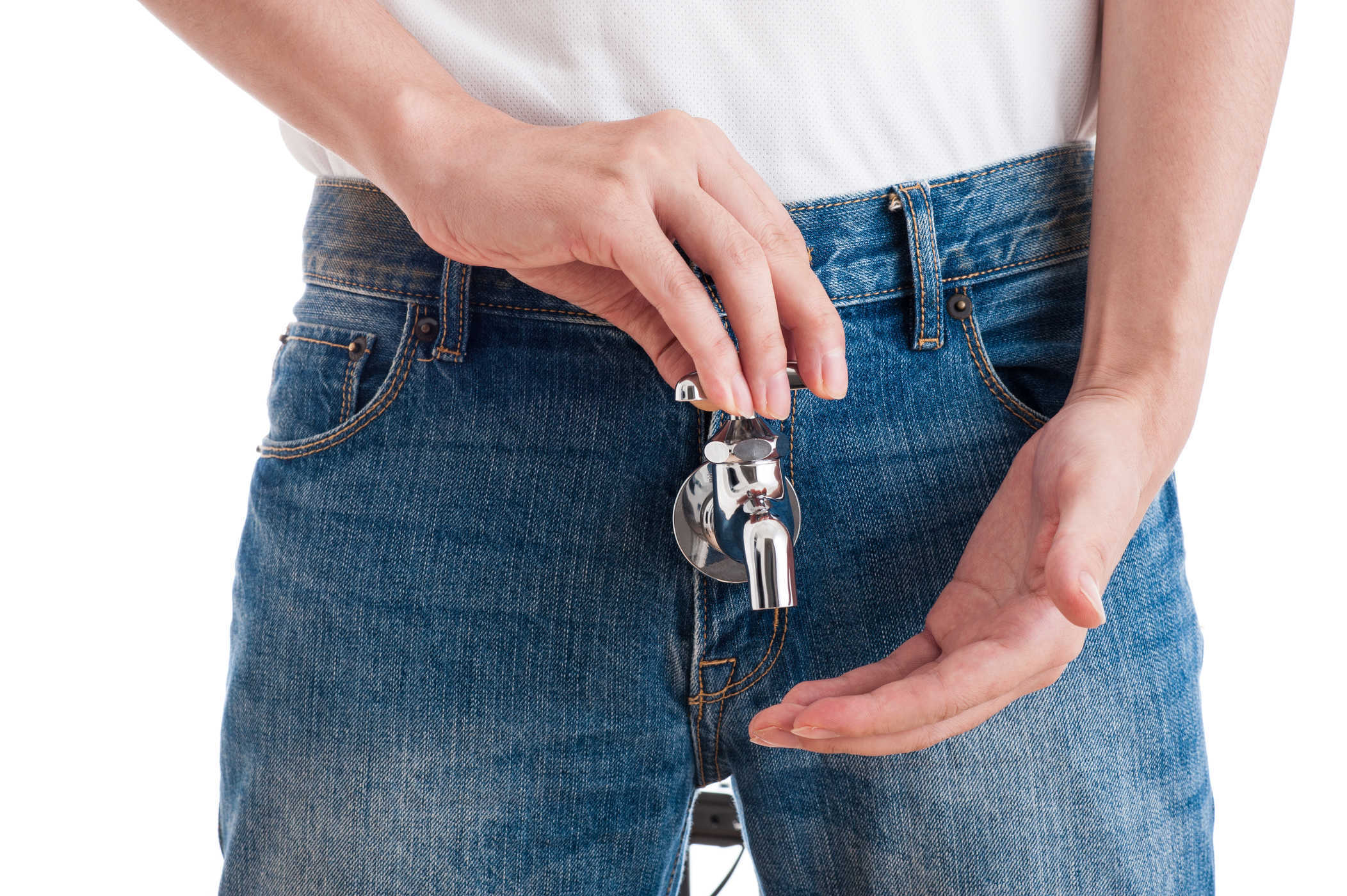Contents:
- Medical Video: How to Discipline Your Child (When Nothing Else Seems to be Working)
- Tips for educating toddlers to grow discipline to adulthood
- 1. Consistent
- 2. Get to know the triggers for tantrums in children
- 3. Follow the child's mindset
- 4. Create an appropriate environment
- 5. Don't hesitate to give 'punishment' to the child
- 6. Stay calm
- 7. Positive thinking
Medical Video: How to Discipline Your Child (When Nothing Else Seems to be Working)
Educating children from toddlers is the most difficult task for parents. Because the age of a toddler is a period where your child still wants to be free to do things as he pleases. The way in which each parent is taken varies. Some are more patient, but there are also those who tend to be angry or even involve violence such as tweaking, hitting, or yelling.
Wrong-wrong choice how to discipline a wrong child can actually make the child more defiant and run away from responsibility. Instead of using violence that wastes energy, it's better to use a more subtle way, but focus and be effective in disciplining children. How to?
Tips for educating toddlers to grow discipline to adulthood
1. Consistent
Reporting from WebMD, Claire Lerner, a child development specialist, stated that from the age of 2 to 3 years children work hard to understand how their behavior affects the people around them. Lerner said that parenting applied regularly and consistently can make children feel safer and protected. Children become aware of what their parents expect so they can be more calm when given orders.
Take for example, when you say "don't hit" the first time your little one hits his peers, maybe the next day your little one can still hit. If you say "do not hit" again when this is repeated for the second, third, or fourth time, the child will better understand and be calm not to hit. But remember, use a quieter tone so that children do not feel threatened and actually defy.
While if you are not consistent, then your child will feel confused. For example, when one day you don't allow your little one to play ball in the house, the next day you just let it play. This will signal mixed recommendations and prohibitions in the child's brain so that the child does not know which are allowed or not. So it is not surprising that children gradually become undisciplined.
Do it repeatedly, until your child understands the command you give. Your child will absorb the command and learn to do the same after four or five recurring events.
2. Get to know the triggers for tantrums in children
Tantrum is a natural occurrence in every child. Therefore, every parent must know very well what makes her child tense and fussy. Most children will indeed have explosive emotions when feeling hungry or sleepy. Well, it's good to avoid these times when you want to teach discipline to children.
For example, if you want to teach children to sleep discipline, make sure you and your child are at home during the hours of naps and nights. So, avoid bringing it to the supermarket or other places when your little one is drowsy or hungry.
This is where you and your little one need to work together so that the process of educating children runs smoothly. If children are still tantrums, give their favorite toys first to trigger a better mood. Only after that can you return to invite him to play while learning to be responsible for what your little one is doing. Do not forget to give praise to your child when he succeeded in carrying out positive activities in his version.
3. Follow the child's mindset
The way to educate children from another toddler is to follow the mindset of the child. It's very easy to feel upset when your little one makes the whole house a mess. Today, the little one drew the entire wall of the house with crayons, then spread the toys the next day without cleaning it again. You certainly have a headache.
But remember, your mindset is certainly different from the mindset of the little one. Maybe for you to tidy up toys is an easy thing and can be quickly resolved, but not necessarily for the little one.
So, try to follow the child's mindset. In children his age, things like that are indeed fun activities. Also remember that you do the same thing when he is his age. This is because the age of a toddler is a time when your child learns and knows what's around him.
So, instead of being annoyed because your little one doesn't want to be told to clean up the game. You can help tidy up the toy and set a good example to him. Tell him if this is important to do and is his duty. That way, he will gradually get used to doing it. Don't forget to give your child a compliment if he manages to clean up his own toys.
4. Create an appropriate environment
Now you already know that your little one is experiencing endless curiosity and wants to explore all new things. Well, to start educating children, avoid various temptations that can disperse children's concentration. Yes, creating a conducive environment and in accordance with the circumstances of your child is the right way to educate children.
For example, avoid accessing TV, mobile phones, tablets, or other electronic devices that can interfere with the learning process of toddlers. The process of educating children is sometimes disrupted by the appearance of videos that are more attractive to your child than toys around them. Reading books or other toys can actually stimulate their motoric and sesoric abilities.
According to Rex Forehand, Heinz, and Rowena Ansbacher, professor of psychology at the University of Vermont, parents need to create a conducive atmosphere when educating their children. Even when your child starts to disobey, parents may not punish the child but instead move them to other activities that can distract him.
5. Don't hesitate to give 'punishment' to the child
Many parents do not have the heart to have to give punishment to their children. Actually, this is also needed to show a firm attitude in educating children. But remember, you also have to measure the punishment given to your child, not too burdensome. This is only done to make your child learn discipline.
For example, when your child hits, bites, or throws food, bring your child to his room or to a more private room. Then, ask him to stay in the room and think about what he has done for a while.Here, invite the child to be more calm and give an understanding that the attitude of the child needs to be improved along with the reasons. For example, "You can't throw food, brother. The floor will be dirty later. "
Do this for one to two minutes, at least until you have finished understanding your little one. If it's finished, give a sign to the little one if he can leave the location of "punishment" and promise not to repeat it again. Thus, your child will learn that not everything he can do just like that, especially if it harms others. Your child will certainly not feel like going back to the corner of the room and serving another sentence.
6. Stay calm
Avoid yelling or scolding your little one when he doesn't want discipline. The reason is, this will only make the positive message you say just disappear in the mind of the little one. When your child catches a negative aura from a parent's anger, he will only see the form of his emotions and will not hear what you say.
Try to stay calm in front of your little one. Take a deep breath, count to three, and look into your eyes deeply. Rebuking and being assertive does not mean that you must be accompanied by emotion, right?
7. Positive thinking
Relax, no perfect parent. No need to compare your child's discipline with other children his age. Because every child has a different developmental period and cannot be equated. Just do the best things you can do.
No matter how stressful you are trying to educate your child to be disciplined, keep thinking positively. Believe that you are able to educate your child as well as possible. Ask your partner or pediatrician for help getting the best advice in disciplining your child.
As long as you are consistent with the rules you make, surely your little one will learn discipline slowly with positive results that will surprise you.













